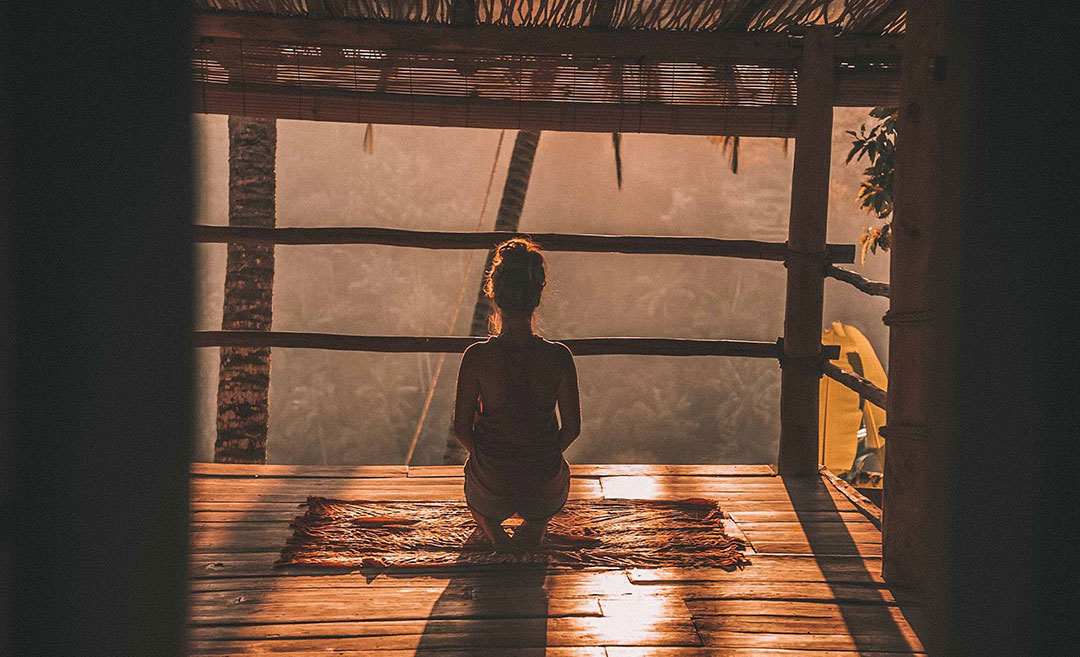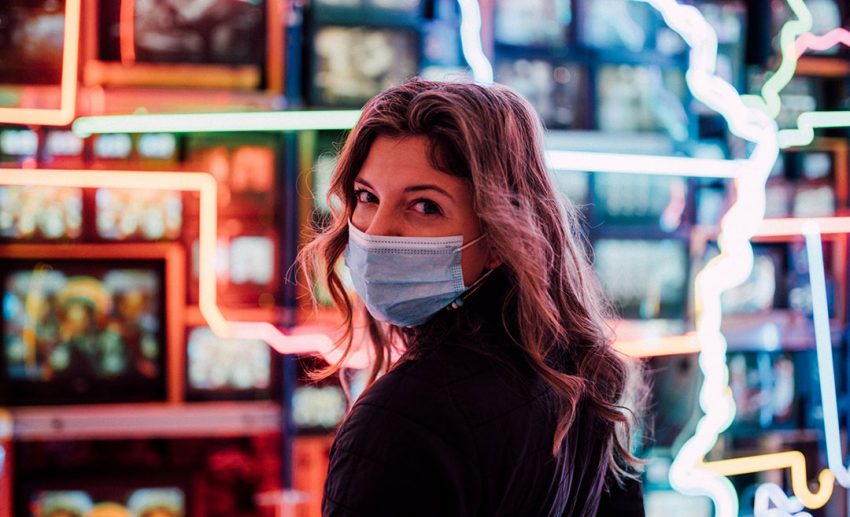
The time has come — borders are starting to open, and it’s time to pack your luggage, book a flight, and finally wander off. Whether you’re travelling interstate or international, getting ill and spending your vacation in your hotel room feeling bad (or worse yet in a clinic or hospital) isn’t the experience we are talking about here. There are ways to protect your health while you’re travelling in these pandemic times, and as the adage goes, prevention is better than cure.
As travelling has become almost a unique opportunity thanks to COVID-19, if you’re a student about to finally take a long-deserved break from the mundanity of university life, don’t let your grades suffer just because you’re paying all your attention to organising a trip. Students may get help working on an essay from professional writers online at a reasonable price. This way, you can focus a little more on relaxing after a period of hard work at college.
While you’re busy planning, remember these tips and tricks that may help protect your health when travelling. And they work regardless of whether your holiday is a quick weekend trip or a long vacation.
1. Do not forget your mask and sanitiser
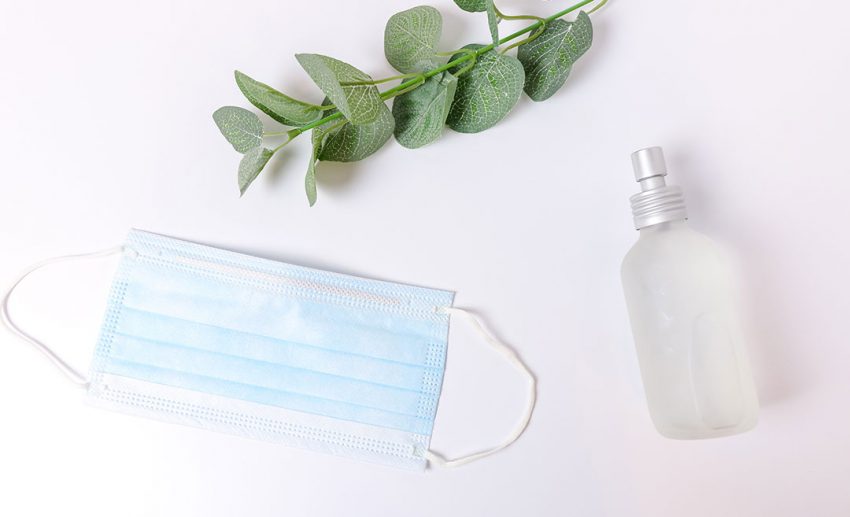
Although everyone’s getting vaccinated, you still have to be careful. Even a vaccinated person can transmit the COVID-19 virus unknowingly. Most places and businesses mandate mask use as well. to be doubly safe, consider double-masking — wearing a fabric mask over your medical mask. Besides reducing your exposure to COVID-19, it also minimises the possibility of any other type of virus or bacteria, which may be harmful to your health.
2. Take your vitamins with you
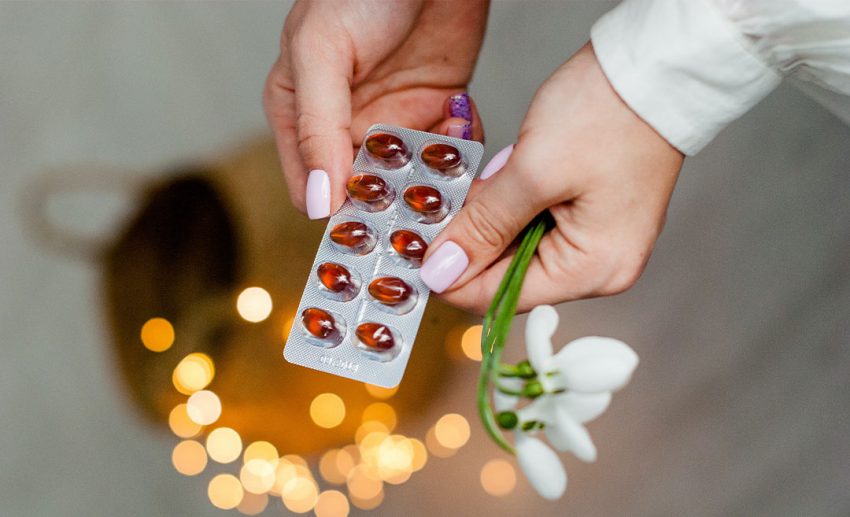
Even though travelling is all fun and games, it can still be stressful for your body. Changing climates, pressure levels, and even time zones (plus the ensuing jet lag) — these all are major stressors for your immune system. So it’s little wonder why some people feel sick after a long-haul flight or hours-long drive.
Sometimes, your body simply doesn’t have the energy to acclimatise or recover quickly. So give your immune system a little help. Bring along the vitamins you normally supplement with to support your body and feel well throughout your vacation. If you haven’t found a good multivitamin for your trip, HealthCanal’s new release is a good reference.
3. Sleep well
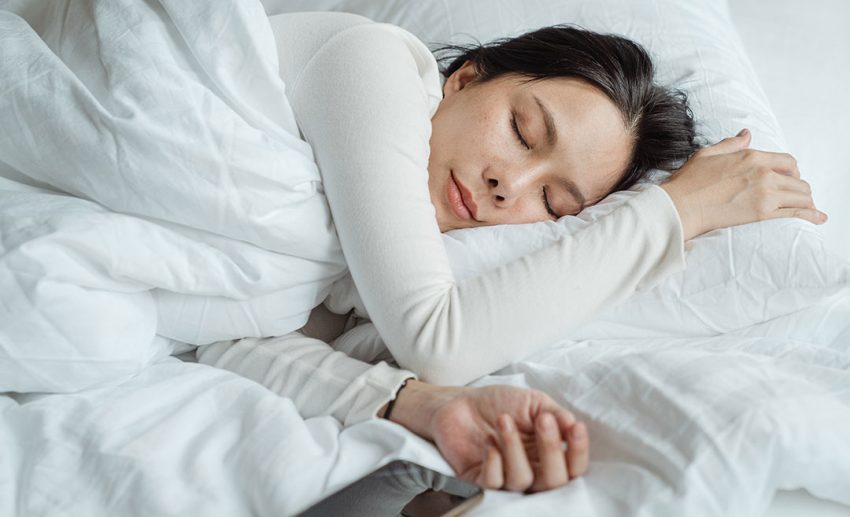
Of course, it’s common to neglect your sleep in order to see and do more. We consider it a popular mistake, and it’s important to remember that getting enough sleep is a guarantee of good health. There are ways to get good quality sleep while travelling, and you ought to try them to help reduce the stress of a new environment.
4. Stay hydrated

We’ve already said it numerous times, but we’ll say it again — reduce the stress of travel. Stress can cause dehydration, while dehydration can cause stress. To break the cycle, it’s so important that you drink enough water.
If you spend the majority of time outside, which you probably do, just carry a small bottle with you. Some cities even have water stations along the streets, so there’ll be no need to buy multiple plastic bottles. Simply refill the one you already have; there are heaps that are great for while you’re travelling.
If you happen to be in Las Vegas or any city in the US, you can consider taking a mobile IV. Not familiar? Well, what this service does is to provide intravenous fluids directly into your bloodstream; no more dehydrating on the go! It can even be delivered to your preferred location, so you can omit the arduous task of visiting a medical centre.
Note: Zafigo strongly urges you to consult with your licensed healthcare professional prior to undergoing any intravenous treatment.
5. Be careful with what you eat
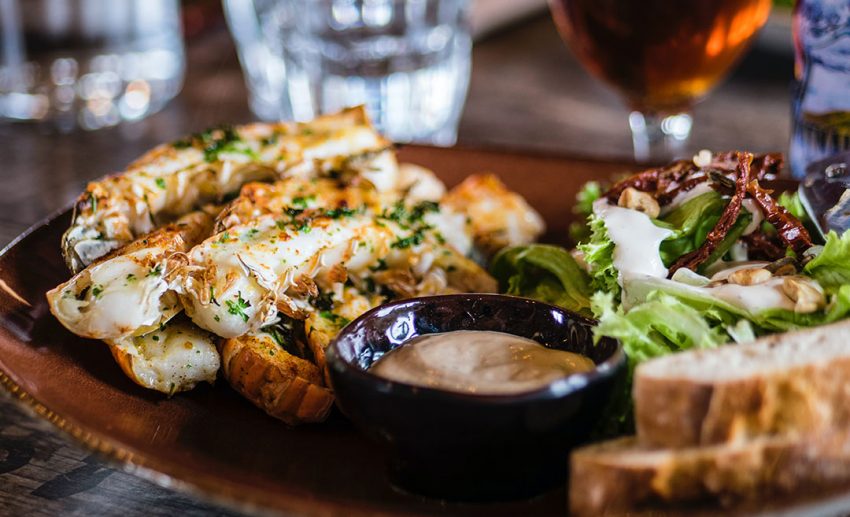
One of the best ways to learn about a place’s culture and history is through its food. And when you’re travelling, it’s usually impossible not to try some of the local cuisines. The food reflects not only the history of the place, but also its wealth, religious values, and even tells a lot about its geographical location.
Although the local fare may look appealing, reduce your risk if you’re one with a sensitive tummy. For instance, if you suffer from allergies, always ask about the ingredients in your meals, even if they are written on the menu. Sometimes, certain ingredients are used during the cooking process, but not written out due to their small amount.
6. Stay active
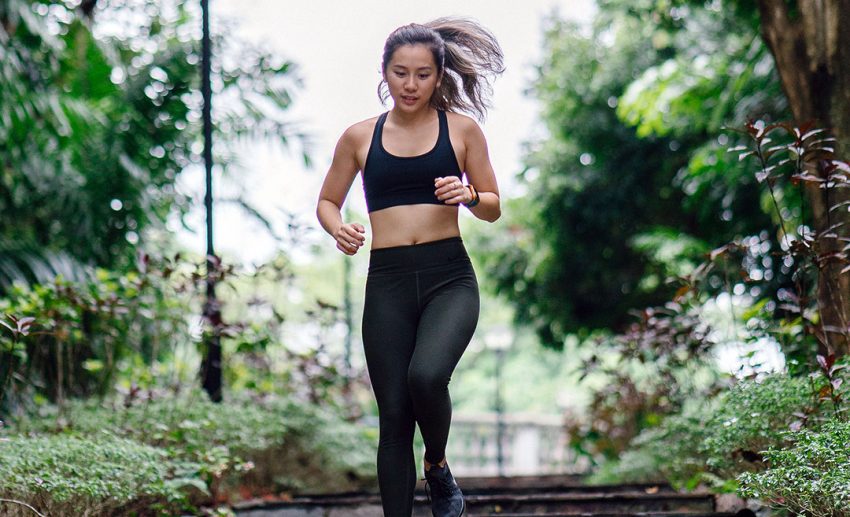
As much as lying on the beach all day long sounds extremely appealing, do incorporate some movement into your vacation schedule. It doesn’t necessarily mean you should have high-intensity workouts every morning (you can if you want to, though), but even a stroll along the beach or the streets may benefit you greatly. Movement activates your blood circulation, which speeds up the process of stress recovery. You can even take a break with easy yoga poses you don’t need to get up for.
7. Shield your skin (and eyes)

While the importance of using sunscreen is known, it’s easy to forget about the proper ways to shield your skin while you’re busy enjoying yourself. Don’t forget to reapply your sunscreen — even water-resistant ones — as they only work for a period of time (usually about two hours). Although tan lines are the mark of a fun holiday, sunburns do hurt.
Another way to protect yourself from the sun when you’re out and about is with a sun hat or even a cap. Especially if you plan on doing a lot of walking during the day. Besides protecting your skin, they can also prevent eye strain and a sun-induced headache. There are also other natural ways to protect yourself from the sun.
Be present, stay healthy, and enjoy yourself!


